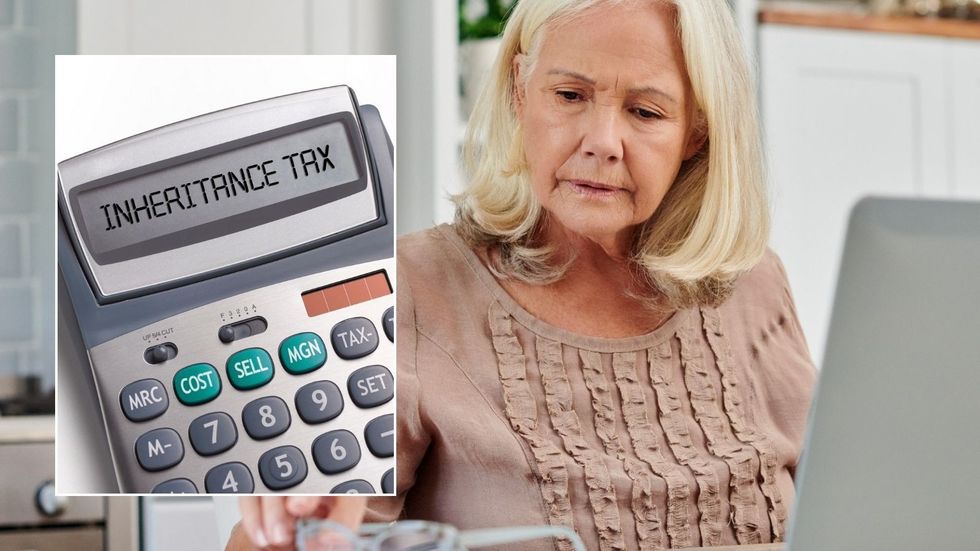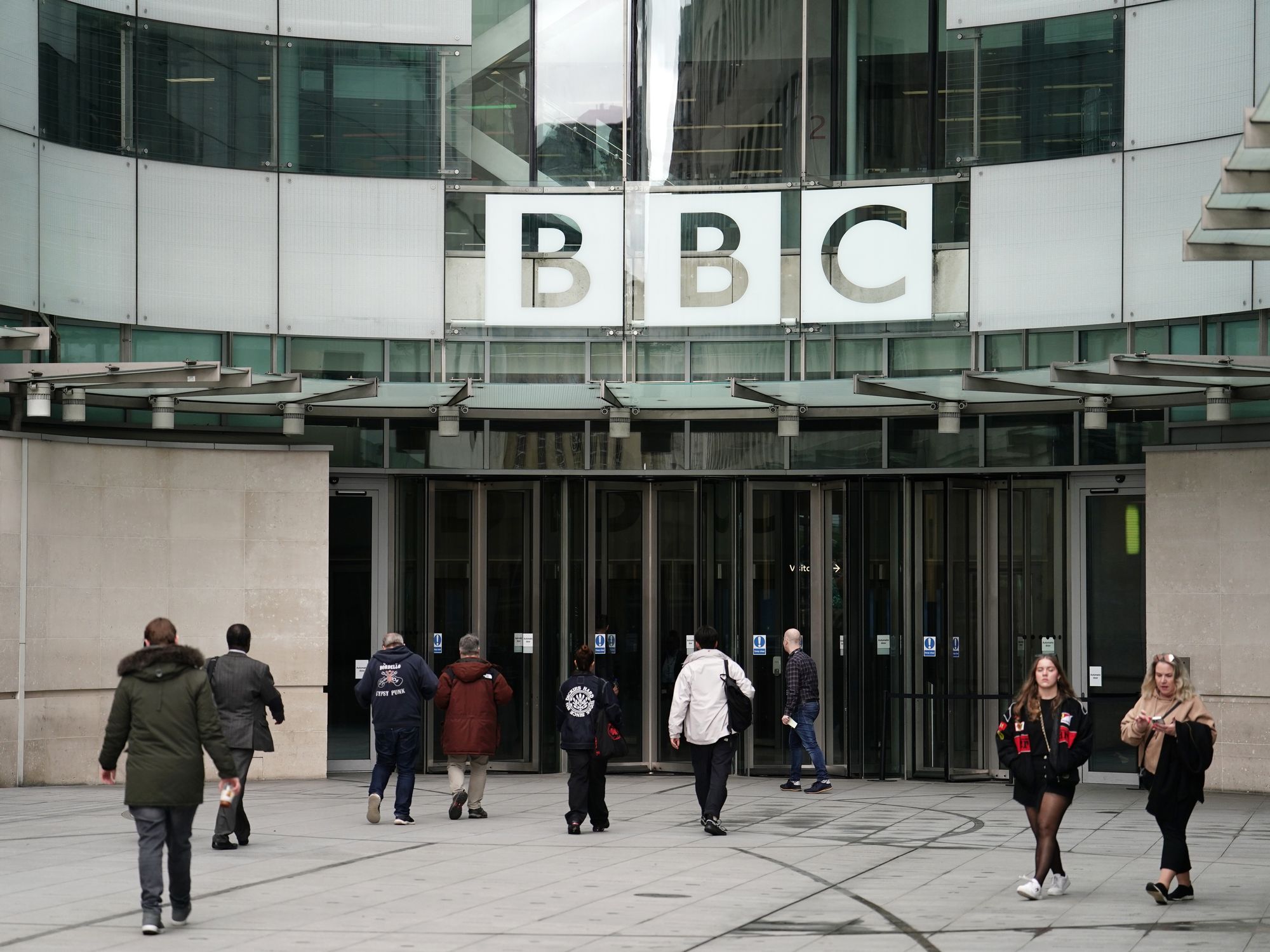HMRC rakes in extra £500m in inheritance tax as bill becomes 'issue for a lot more people' - how to cut costs

From 2027, pensions will become part of an individual's taxable estate
Don't Miss
Most Read
Britons are urged to implement various inheritance tax saving measures as "a lot more people" are being caught out and forced to pay thousands to HMRC.
HMRC has collected an additional £500million in inheritance tax compared to last year, with receipts reaching £5billion between April and October 2024.
The significant increase in receipts has been attributed to a combination of factors, including higher volumes of wealth transfers following inheritance tax liable deaths and recent rises in asset values.
Helen Morrissey, head of retirement analysis at Hargreaves Lansdown, said: "Inheritance tax is on track for another record year with receipts so far hitting £5bn. With five months of the tax year yet to go it should easily outstrip last year's £7.5bn.
"It may be a tax that so far only hits a small proportion of the population but, after last month's Budget, it's about to be an issue for a lot more people, after the decision was taken to make pensions part of someone's estate for inheritance tax purposes.
"This wont kick in until 2027 but will be a major part of many peoples financial planning."
 Savers are anxious over paying more inheritance tax, according to a new survey | GETTY
Savers are anxious over paying more inheritance tax, according to a new survey | GETTY The expert advised that early planning is crucial for those looking to manage their inheritance tax liability.
Each tax year, individuals can give away £3,000 in total, either to one person or split between several recipients.
Unused annual exemption can be carried forward for one year, while unlimited small gifts of up to £250 per person are permitted.
Wedding gifts also enjoy tax-free status: up to £5,000 for children, £2,500 for grandchildren, and £1,000 for others. Gifting can offer significant opportunities for tax-free wealth transfer.
Morrissey said: "We will start to see people gifting away more of their assets while they are alive in a bid to mitigate this tax, and many will want to start early so they can meet the rule of gifts of any value falling out of their estate for inheritance tax purposes after seven years.
"Others will make full use of the other gifting allowances - such as the ability to give up to £3,000 tax-free to anyone and have it fall out of their estate immediately - to help their loved ones while reducing their tax bill.
"This will have the benefit of ensuring you see your loved ones enjoy their gifts while you are still alive, but it will also make sure families start having the inheritance tax conversation early so there are no nasty surprises.
"Its also important to remember there's a vital balance to strike here, that you're not giving money away you can't manage without, purely because you're worried about tax."
Britons are also encouraged to make a will to mitigate any losses. Without a will, estates fall under intestacy rules, potentially leading to higher IHT bills and, in some cases, assets passing to the Crown.
Unmarried partners are particularly vulnerable, as they lack the same rights as married couples or those in civil partnerships under intestacy rules.
Regular will reviews are recommended to ensure they remain current and can include funeral wishes, with most funeral expenses being tax-deductible.
The tightening of reliefs for AIM shares and Business Relief will also contribute to increased government revenue, according to tax experts.
Rachael Griffin, tax and financial planning expert at Quilter, warns that modifications to Agricultural Property Relief will affect farmers significantly.
She said: "Farmers are also likely to start to bolster these figures as Agricultural Property Relief (APR) is made less generous.
"These changes mean more farmers may face higher IHT liabilities, potentially forcing difficult decisions about the future of family-owned farms."
Similarly, the tightening of reliefs for AIM shares and Business Relief (BR) will also raise more for Government coffers.
She explained that these various changes are likely to drive greater urgency in estate planning, as taxpayers seek to navigate a landscape where traditional reliefs and exemptions are gradually eroded and new financial plans need to be laid.










